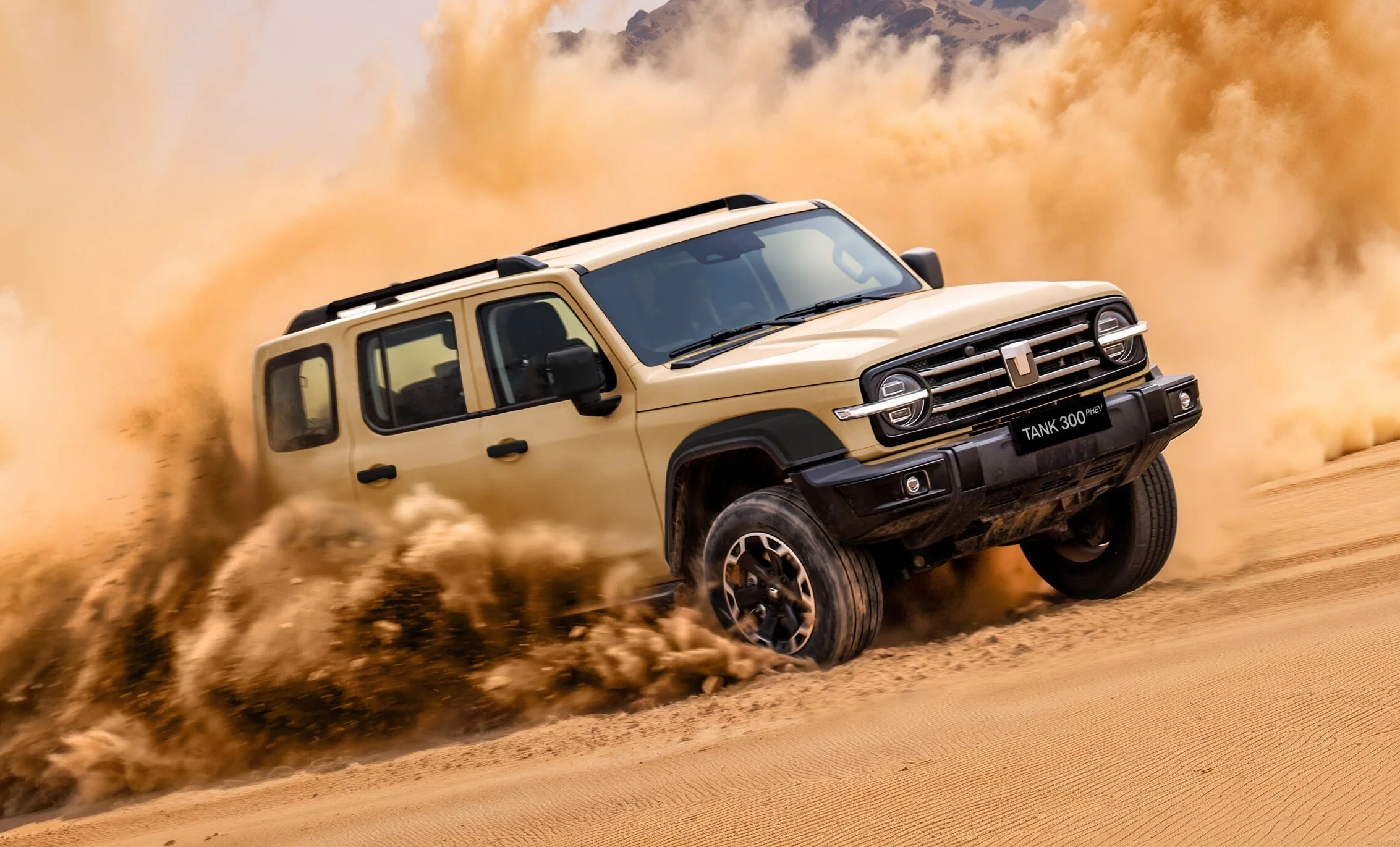The truth about excessive oil consumption
QUESTION
Good afternoon John,
I need your advice / opinion on my 2017 Kia Optima. Had it since brand new, nice car, good fuel economy, no major issues.
However, it seems to use about a litre of oil (5w30 Penrite fully synthetic), every 7500 kilometres, I know that Kia says every 15000km, but I do the interim service as well.
I have brought up the issue with Kia who tell me it's quite normal for this engine (2.4lt) to use some oil between services. My previous Kia Cerato (2.0 GDI) didn't use a drop between services.
Can you please give me your opinion on this? Just to put my mind at ease.
Appreciate you taking the time to read this email.
Kind regards,
Michael
P.S. Love the YouTube channel.
ANSWER
If you’re like me and grew up shortly after the death of Alexander Graham Bell and before the advent of Twitter, cars really didn’t use my oil until they started to go poopy in their trousers because of old age.
Things have changed however, although many have no kept up with these changes.
Now, if you’re in need of a solid roadside assistance program to cover your vehicle across Australia, because it’s out of the free coverage provided by the brand when it was new, my AutoExpert 24/7 Roadside Assistance package >> could save your bacon, from just $69. I’d suggest you check it out.
Every car company wants to tell you their vehicle is better than everybody else’s. And they can give you 1000 reasons theirs is better and the competitors’ cars are emphatically shit.
Internal combustion engines are insane - they shouldn’t work. But they do. You’ve got so many working parts, compared to something as primitive as the bicycle.
Internal combustion is one of the most highly studied processes we know, and its engineers are constantly walking on a knife’s edge between doing one thing and not going too far the other way, trying to avoid the consequences thereof. Like diesel engines for example >>
There are two kinds of losses in internal combustion. The first is consequential losses, like waste energetic expansion (heat), which is captured using turbocharging to direct that expansive heat energy by spinning the turbine inside a turbocharger.
Then there’s parasitic losses, like the pumping losses dealt with by using exhaust gas recirculation (EGR) which notionally increases the engine’s volumetric efficiency, or there’s cylinder deactivation which, at low loads down the highway at cruising speeds, the engine shuts the valves in half the cylinders to eliminate pumping losses in those cylinders.
Another way is to tackle the problem of internal friction. This is where oil consumption comes in, because some internal friction is unavoidable, but you can wind back the aggressiveness of the rings grabbing onto the bores of the cylinders. Or you can increase the clearances between the valve stems and the valve guides in the head, which makes it easier for the valve to move up and and down, and dialling back the ring-grabbing makes it easier for the pistons to move up and down.
But when you do this, you open the door to increased oil consumption. It’s a balancing act. You’re pursuing fuel efficiency on one side, and you’ve got engine reliability on the other side. Owners wouldn’t be happy pouring two litres of oil into their cars once a week.
Some companies have been overzealous targeting internal friction and unsympathetic to owners experiencing excessive oil consumption. And they’ve been poor conveying these design objective messages to consumers.
In the 1970s, if your 15-year-old car starting consuming oil, that was a disastrous red flag.
Today, a little bit of consumption, like a litre every 7500kms isn’t really excessive. Just deal with it, as long as it doesn’t get any worse. Just keep checking it every fortnight on a flat level surface with a cold engine.
Keep it topped up and you’ll never have an issue. And keep in mind, this consumption is saving you money because the engineers are off-setting excessive fuel consumption.





Just because a ute is cheap, that doesn’t mean it’s worth the money. Is the GWM Cannon more than just a cut-price Ranger wannabe? Can it offer towing, off-roading capability and robust design to compete with the big brand dual-cab utes like Hilux and Triton?